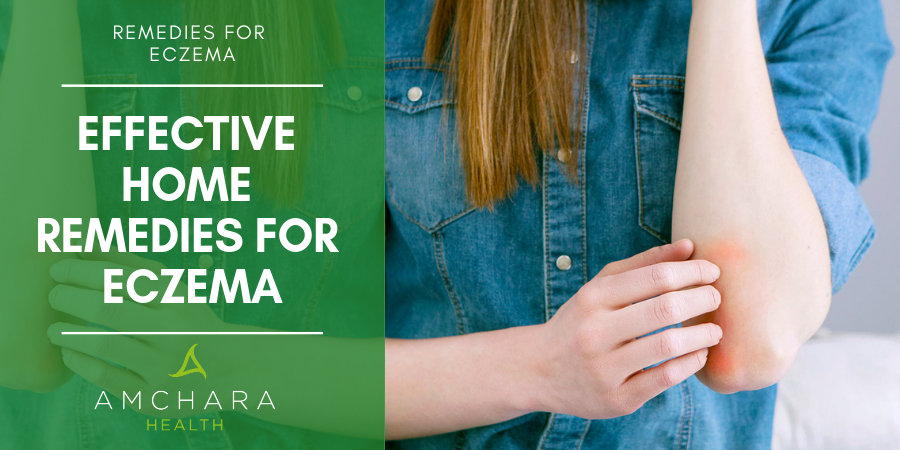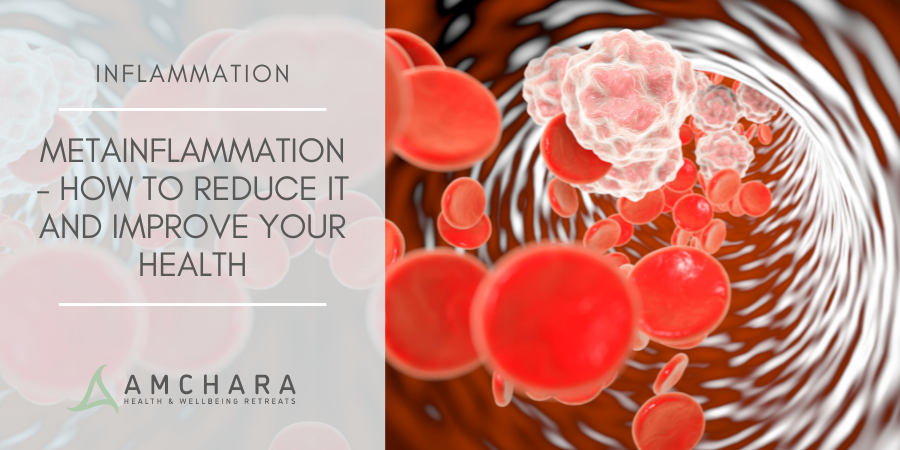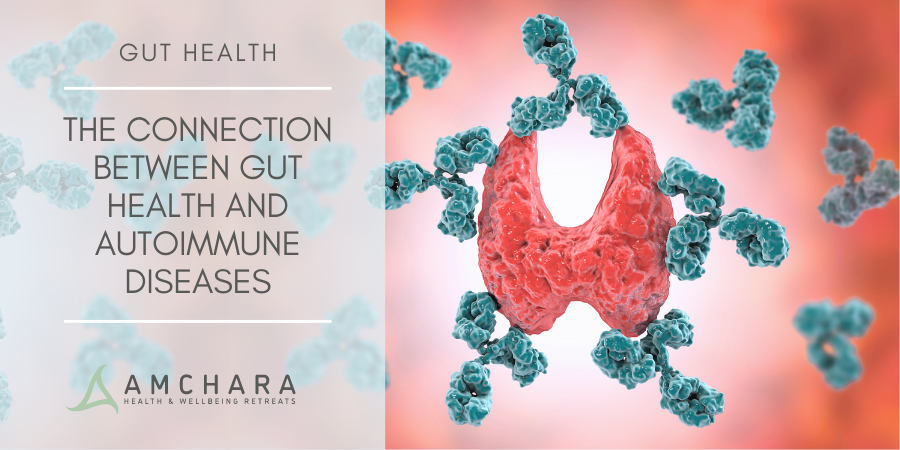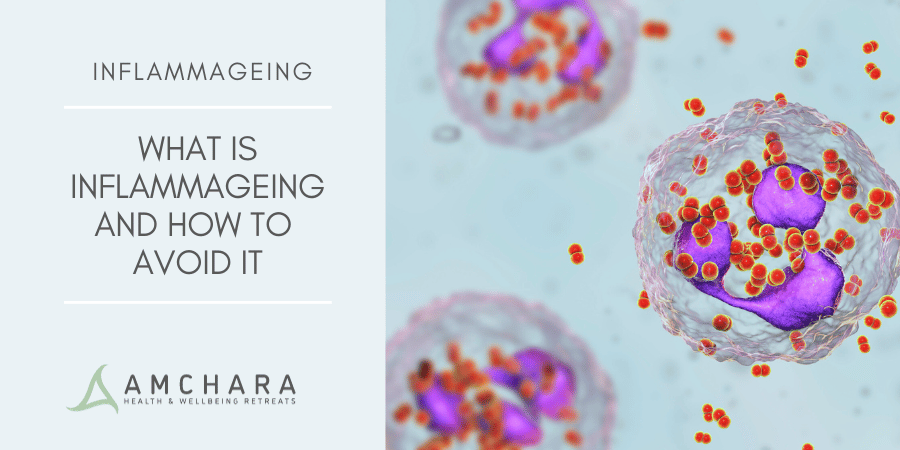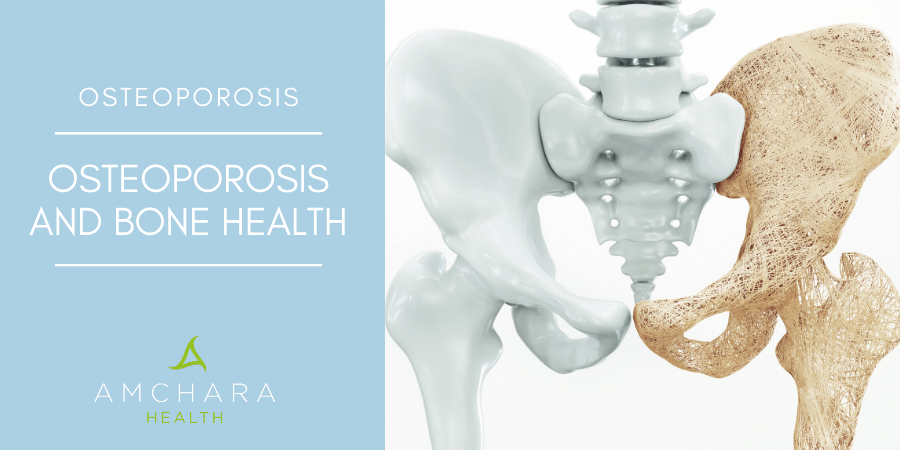Eczema can be the bane of your life – itchy, red, scaly dry skin which blisters and oozes.
It often appears on elbows, knees, cheeks, behind the ears or at the back of the knees. It’s more frequent in young children, and although it often passes off in adulthood, it still affects an estimated 15 million people in the UK. In a single year, GPs wrote around 27 million prescriptions for topical creams to relieve eczema.
To be accurate, eczema includes a number of skin conditions, but the commonest form of eczema is related to an allergy or hypersensitivity reaction and is sometimes called atopic dermatitis.
Those affected often also suffer from asthma or hay fever or have family members who do so.
Research has found 65% of eczema cases show up before the age of one year, 90% before age 5.
Its prevalence in children is increasing, with an estimated 39% of children developing eczema by the time they are 3 years old.
Symptoms of Eczema
The symptoms of eczema include:
- Inflamed and swollen skin which forms red bumps.
- Itching. Scratching the skin will make the irritation worse.
- Blisters or crusting, cracked, scaly skin.
- Peeling, flaking, dry skin which is red, brown or grey.
- Cuts and cracks in the skin which can become infected.
- The itching can cause increased stress, sleep problems, and difficulty in concentrating.
Causes of Eczema
There is no one cause of eczema, but it appears it’s connected with some dysfunction of the immune system along with elevated inflammation.
In eczema sufferers, the epidermis loses some of its barrier function, so the skin becomes more permeable to substances such as toxins and antigens which then trigger an immune reaction.
Researchers have discovered several risk factors including a family history of eczema, hay fever or asthma living in a dry climate and nutrient deficiencies which may predispose towards developing eczema.
Low vitamin D levels during pregnancy may increase the risk of the infant developing eczema.
It also appears eczema in children is more common amongst those suffering from ADHD, although a causal relationship has yet to be established (1).
Eczema can be triggered by exposure to allergens or irritants, either those coming into contact with the skin or from food allergies or chronic stress.
It is now becoming clear that when we experience a stressful situation, our body produces inflammation as a result of increased levels of the stress hormone cortisol.
The Mind/Skin Connection
A branch of skin care known as psychodermatology is interested in the interaction between mind and skin.
It recognises skin conditions often have an emotional element.
We know the skin reacts to our emotional state – who has never blushed crimson from embarrassment or felt a prickling in the back of the neck with fear?
Considerable evidence exists to demonstrate psychological factors and emotions can worsen skin problems including eczema.
Unfortunately, it’s often a vicious cycle, as skin problems create emotional distress.
The Gut/Skin Connection
It’s essential to look after the digestive system otherwise your skin will suffer.
Naturopaths believe the skin and the digestion are closely linked, and problems with our digestion and elimination will inevitably show up in our skin.
Medical Treatment for Eczema
Medical experts say there is no cure for eczema.
Topical steroid creams are often prescribed to dampen down inflammation and immune response.
However, they can create dependency and withdrawal effects such as red skin when discontinued, even after as little as two months’ use.
These symptoms can last as long as 12 months.
In any case, such topical remedies don’t address the underlying problems which have caused the eczema in the first place.
Natural Solutions for Eczema
We can change our body’s reaction to stress by participating in yoga, mindfulness, deep breathing exercises, hypnosis, biofeedback, visualisation, tai chi or meditation.
Massage can reduce stress, which may then help reduce eczema.
- Acupressure and Acupuncture for Itching
Both of these techniques are based on the belief the body has a system of energy paths or meridians flowing through the body.
If these paths become blocked or weak, the body responds by producing symptoms of illness.
Acupuncture uses tiny needles at specific points along the meridians to restore the energy flow and unblock the energy channels, while acupressure uses the pressure of a finger or a small metal pellet. These methods have been used for thousands of years in Eastern medicine.
One study looked at the effect of acupressure at a point known as the large intestine point in the crease of the elbow in patients with moderate-to-severe eczema (2).
The participants using acupressure reported reduced itching and their skin appeared less leathery. This has been replicated using the same meridian point in acupuncture.
One study on acupuncture found it resulted in physiological changes in the immune response including reduced production of histamine, and therefore less inflammation and itching (3).
Look After Your Gut
It’s incredibly important that our digestive bacteria – or microbiota as they are called nowadays – are healthy, because they play a huge role not only in the health of our immune system but they also control inflammation in the body. It’s easy to see then how important the microbiota are in skin conditions like eczema.
The population of bacteria residing in each of us is totally unique.
Replenishment with beneficial types can help create a friendly environment in your digestive system for the type of bacteria you want to be living there.
Scientists have examined the bacteria in the digestive tracts of babies suffering from eczema.
They found these infants had different types and numbers of bacteria – they had a more varied population which was more like an adult’s bacterial balance.
A review of research found evidence that taking probiotic supplements containing Lactobacillus species during late pregnancy and lactation can reduce the risk of eczema in children.
One study found supplementation with a certain strain of beneficial bacteria called Lactobacillus Rhamnosus resulted in less eczema (4).
- Food Allergies and Intolerances
An unhappy digestive system often leads to allergies or intolerances to certain foods, largely because the delicate lining of the digestive system becomes damaged.
This results in foods being absorbed into the bloodstream before they’re properly digested. The immune system perceives these fragments of protein as foreign invaders and mounts an immune response against them.
Common culprits include dairy products, eggs, soya and wheat and other gluten grains. Keeping a food diary can be useful to detect if there is any pattern to your symptoms.
If you suspect you may have food intolerances, a simple blood test can detect raised antibodies to certain foods.
Supplements for Eczema
- Evening Primrose Oil
Although study results have been mixed, there is some evidence Evening primrose oil may be effective in eczema.
It can be applied to irritated skin as it’s soothing, or it can be taken orally as a supplement to benefit from its anti-inflammatory properties.
Evening primrose oil contains omega-6 fatty acid called GLA. It’s thought sufferers may have problems producing GLA in their bodies.
- Magnesium
Magnesium is often called the anti-stress mineral.
Researchers have found people with low levels of this mineral also have high levels of histamine (5). Histamine is involved in inflammation.
Magnesium is rich in green leafy vegetables, nuts, seeds and legumes.
Since deficiency is widespread – it’s estimated half of all people in the USA have less than the recommended intake of magnesium from their diet – a supplement may be beneficial.
Research has shown low vitamin D levels are associated with eczema in children and adolescents.
One review of several studies on Vitamin D found it was effective at relieving eczema (6).
Vitamin D is found in foods such as oily fish and eggs. Our major source of Vitamin D is exposure to the sun.
If you don’t go out in the sunshine, or during the winter months, a supplement is recommended.
Topical Remedies for Eczema
Eczema sufferers need to be careful about what comes into contact with their skin.
Personal body care products and detergents containing harsh chemicals or perfumes are best avoided. There are plenty of natural alternatives available nowadays.
- Coconut Oil
Coconut oil is known to be antibacterial, so applying coconut oil to the skin may reduce the chance of cracked and broken skin becoming infected.
The oil can help skin to hold onto water and prevent drying, especially when it is applied to damp skin.
Apple cider vinegar is acidic, so it may help to restore the skin’s natural pH balance which in turn can keep skin hydrated.
People who suffer from eczema usually have more alkaline skin than those who don’t. The pH of the skin is also important to preserve the skin’s natural bacterial balance.
Apple cider vinegar is also antimicrobial in its own right.
Dilute the vinegar with the same amount of water for a healthy facial toner or melt 4 tablespoons coconut oil with one tablespoon apple cider vinegar for a great moisturiser.
Bath Soaks for Eczema
Not only relaxing, a magnesium bath can help heal inflamed skin.
Researchers found soaking with Dead Sea Salts in water improved skin hydration and barrier function and reduced inflammation and redness and concluded this was due to its magnesium content (7).
Add a handful of Epsom salts or magnesium flakes to a lukewarm bath. If you have Himalayan salt, add a couple of tablespoons of this to your bath also.
Note some people find soaking in water makes their eczema worse. If this applies to you, avoid soaking in the tub.
- Ground Oats
Many people report this can help soothe and soften inflamed skin. Add a handful to a warm bath and soak away the itching.
Diet to Support Skin Health
An anti-inflammatory diet which avoids food triggers will be of benefit.
Avoid pro-inflammatory sugar, food additives, manufactured and hydrogenated fats and processed foods.
Include foods high in anti-inflammatory fresh organic vegetables, as well as Omega-3 Fatty Acids.
One study from Norway found children who ate fish every week had a lower risk of developing eczema (8).
Plenty of fibre can reduce constipation, improve digestive function and ensure toxins are eliminated from the body. Ground flax seeds and chia seeds are great sources of fibre.
Fermented foods such as sauerkraut, kefir and kombucha can help maintain the correct balance of bacteria in the digestive system.
Eat plenty of foods high in zinc, which is essential for skin repair. Good sources of this mineral include pumpkin seeds, shellfish and legumes such as lentils and chickpeas.
Vitamin A is important for skin health. Increase your intake of orange and yellow coloured vegetables like carrots, sweet potatoes, squash, mango and sweet peppers, as well as dark leafy green vegetables such as kale which are high in vitamin A.
Summary
If the itch of eczema is driving you to distraction, your body may be telling you it needs a little tlc.
A consultation with an Amchara therapist can look into what’s at the root of your skin problem and help you towards a whole-body makeover.
Why not make a Change for Good today?
READ THIS NEXT:
